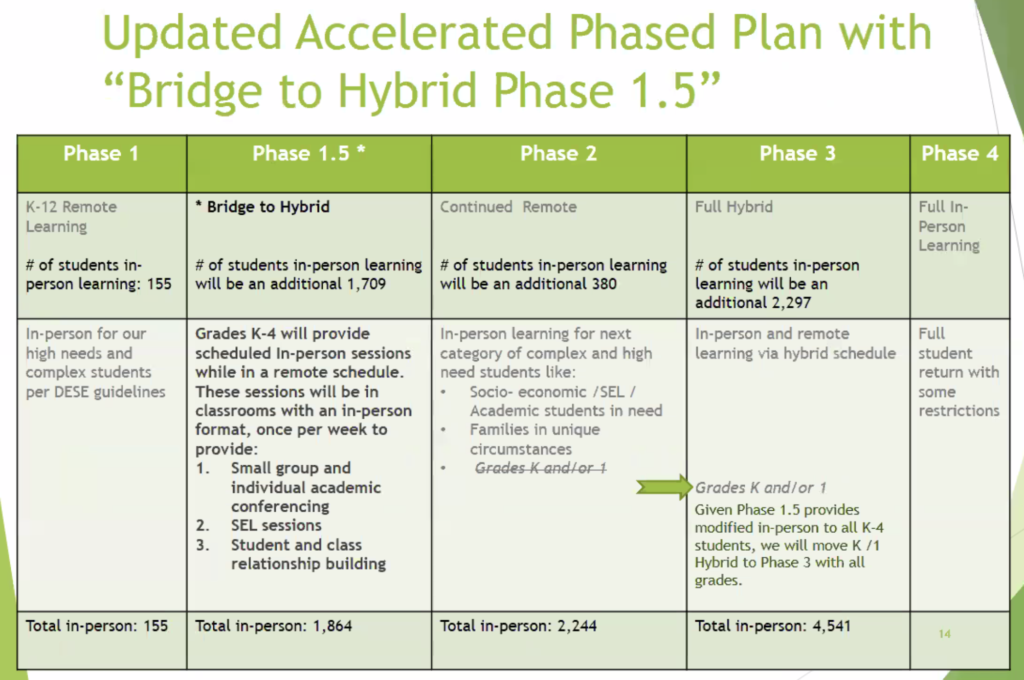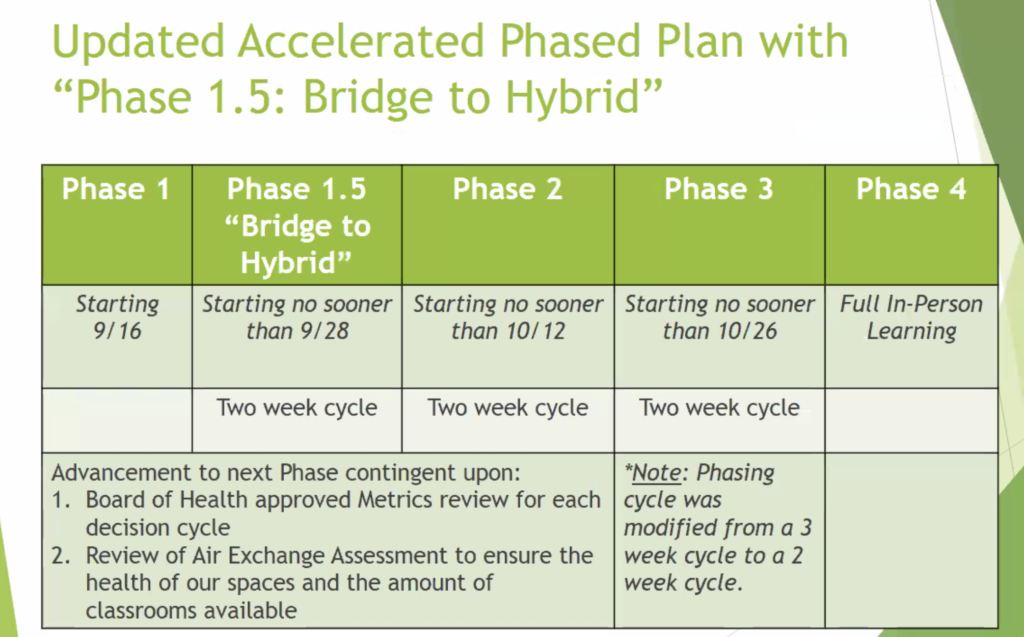Photo: 17 National Merit semifinalists in Belmont
Fourteen Belmont High School students and three who attend The Belmont Hill school were named semifinalists by the National Merit Scholarship Corporation during a presentation on Sept. 9.
At the beginning of each school year, the Evanston, Ill-based NMSC reveals the students who will go on to compete for scholarships in the spring. Approximately 7,600 of the 16,000 semifinalists will win scholarships for 2021.
According to NMSC, semifinalists are determined by the results of pre-SAT tests taken by about 1.5 million high school juniors nationwide during the previous school year. Semifinalists are the highest scorers in each of the 50 states and represent fewer than one percent of each state’s high school seniors.
Those students named finalists will then apply to obtain scholarships up to $2,500.
The Belmont semifinalists are:
Belmont High School
- Isabel T. Burger
- Katarina L. Chen
- Charlotte E. Conroy
- Alexander W. Fick
- Sarah A. Firth
- David A. Jen
- Edward P. Lee
- Alicia A. Lugovskoy
- William J. Mann
- Timothy J. Minicozzi
- Jessica D. Peng
- Jason Tang
- Howell Xia
- Yao Xiao
The Belmont Hill School
- Aaron W. Belluck
- Sreetej Digumarthi
- Max D. Hall

